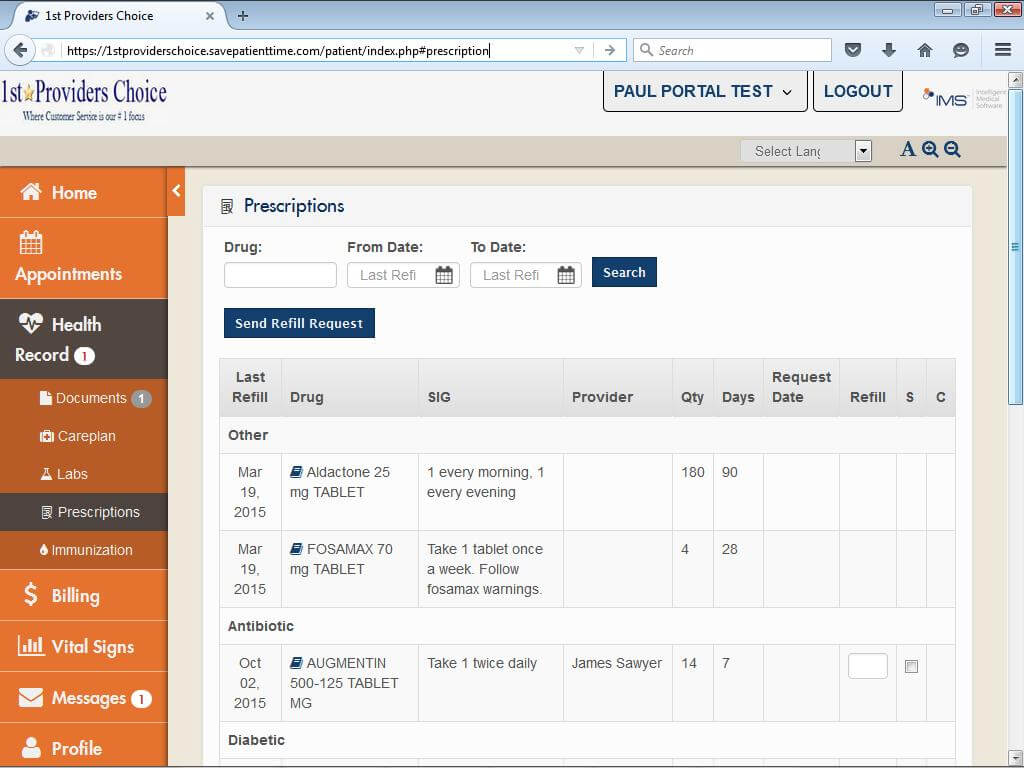
Patient Assistance Programs for Praziquantel Patient assistance programs (PAPs) are usually sponsored by pharmaceutical companies and provide free or discounted medicines to low income or uninsured and under-insured people who meet specific guidelines. Eligibility requirements vary for each program.
Full Answer
What is Praziquantel used for?
Praziquantel is a member of the anthelmintics drug class and is commonly used for Beef Tapeworm Infection (Taenia saginata), Cysticercus cellulosae, Dog Tapeworm Infection , and others.
How much does Praziquantel cost?
Praziquantel Prices. The cost for praziquantel oral tablet 600 mg is around $386 for a supply of 6 tablets, depending on the pharmacy you visit. Prices are for cash paying customers only and are not valid with insurance plans.
Important Note
The following information is intended to supplement, not substitute for, the expertise and judgment of your physician, pharmacist or other healthcare professional. It should not be construed to indicate that use of the drug is safe, appropriate, or effective for you. Consult your healthcare professional before using this drug.
Uses
This medication is used to treat infections due to parasites (e.g., schistosoma and liver flukes).
How To Use
Take this medication by mouth, with food, as directed by your doctor. Do not chew the tablets. This drug has a bitter taste and is better tolerated if swallowed quickly with liquid during a meal. Dosage is based on your medical condition and response to therapy. Notify your doctor if your condition does not improve after a few days.
Side Effects
Dizziness, headache, drowsiness, tiredness, weakness, nausea, vomiting, loss of appetite and increased sweating may occur. If these effects persist or worsen, notify your doctor promptly. Unlikely but report promptly: rash, seizures, fever, joint or muscle pain, stomach pain, bloody diarrhea, rapid heartbeat.
Precautions
Tell your doctor your medical history, including: allergies (especially drug allergies), certain eye infections (ocular or spinal cysticercosis), seizures, liver disease. Limit alcohol intake, as it may intensify certain side effects of this drug.
Drug Interactions
Tell your doctor of all prescription and nonprescription medication you use, especially of: oxamniquine, carbamazepine, phenytoin, dexamethasone.
Overdose
If overdose is suspected, contact your local poison control center or emergency room immediately.

Important Note
- The following information is intended to supplement, not substitute for, the expertise and judgment of your physician, pharmacist or other healthcare professional. It should not be construed to indicate that use of the drug is safe, appropriate, or effective for you. Consult your …
Uses
- This medication is used to treat infections due to parasites (e.g., schistosoma and liver flukes). OTHER
How to Use
- Take this medication by mouth, with food, as directed by your doctor. Do not chew the tablets. This drug has a bitter taste and is better tolerated if swallowed quickly with liquid during a meal. Dosage is based on your medical condition and response to therapy. Notify your doctor if your condition does not improve after a few days.
Precautions
- Tell your doctor your medical history, including: allergies (especially drug allergies), certain eye infections (ocular or spinal cysticercosis), seizures, liver disease. Limit alcohol intake, as it may intensify certain side effects of this drug. Caution is advised when performing tasks requiring alertness (e.g., driving) during therapy and for 24 hours after the last dose. Tell your doctor if yo…
Drug Interactions
- Tell your doctor of all prescription and nonprescription medication you use, especially of: oxamniquine, carbamazepine, phenytoin, dexamethasone. Also report the use of drugs that cause drowsiness such as: sedatives, tranquilizers, psychiatric medications (e.g., certain antidepressants or chlorpromazine), anti-seizure drugs, certain muscle relaxants, narcotic pain r…
Notes
- Do not share this medication with others. Urine and stool samples may be examined and other tests may be done periodically to monitor your progress.
Missed Dose
- It is important you do not miss any doses. However, if you miss a dose, contact your doctor or pharmacist promptly to establish a new dosing schedule.